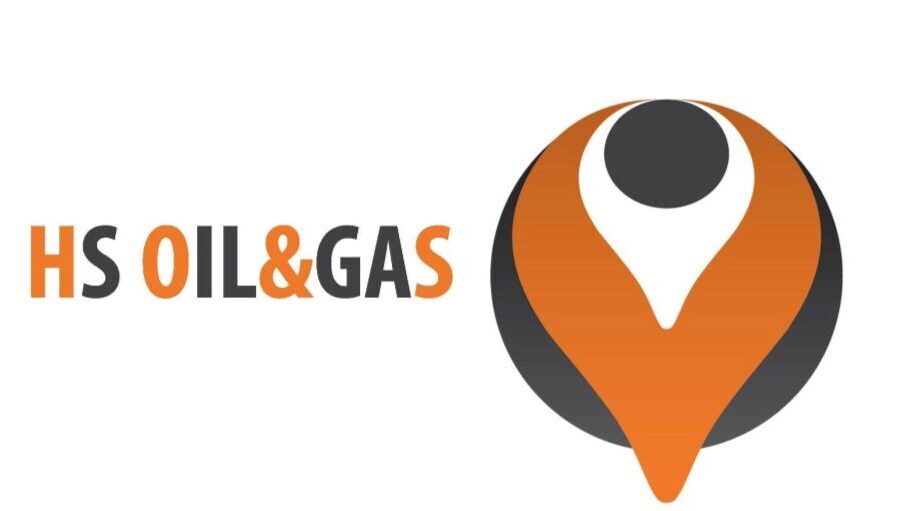


ABOUT HS OIL AND GAS
HS Oil & Gas Company is a global energy Raw Material, Oil & Gas Products Trader Company. Established in London – United Kingdom, by an experienced team experts with the aim of catering for the ever increasing Market demands in this field. We are proud that our work is specialized and one of the advantages of HS Oil & Gas Company is that it only takes on a limited number of assignments at any one time, to ensure that clients receive hands-on, comprehensive attention. With a dedicated team of experienced industry professionals, HS Oil & Gas Company can provide all the contacts and resources to ensure a client’s success. We use advanced technologies and take an innovative approach to help build a sustainable energy future. In a world where consumers shape the marketplace, we believe that marketers need more than just good publicity to drive profitable growth. Businesses need to be able to identify what the market wants in order to deliver responsive solutions. Our mission is all about connecting you with the clients and sources that matter most.
PRODUCTS
Industrial Products and Commodities: the ferrous and non-ferrous metals such as Steel, Copper, Aluminum, Zinc and Lead in various form, dimension and sizes, different types of Cement, Coke, Precious Metals Concentrate, and other basic products are traded in the industrial trading session from 10:30 to 12:00 (+3.5 GMT), at the trading floor through semi electronic open outcry.
Gold: gold bullions having different fineness from 999.9 to 900, are traded from 12:00 to 12:30 in the trading floor.
Oil Products and Petrochemicals: oil related products range from Bitumen, Base oil, Crude Oil, Fuel Oil, RPO, carbon black, chemical products and petrochemicals like PP, PE, LDPE, LLDPE, Aromatics, SBR, PS, MS, and many others. The trades in this group are carried out from 13:30 to 16:00.
Agricultural: the agricultural products traded in IME range from cereals to oilseeds to oilcakes and other grains and products like wheat, feed wheat, feed barley, yellow corn, maize, raisin, lentil, chick peas, sugar, meat, eggs, saffron, pistachio, traded in the fully electronic multi-commodity trading system.
Multi-Commodity: All agriculture products and some oil products like Bitumen, VB and Lubcuts are traded in the multi-commodity system from12:30 to 12:50 .
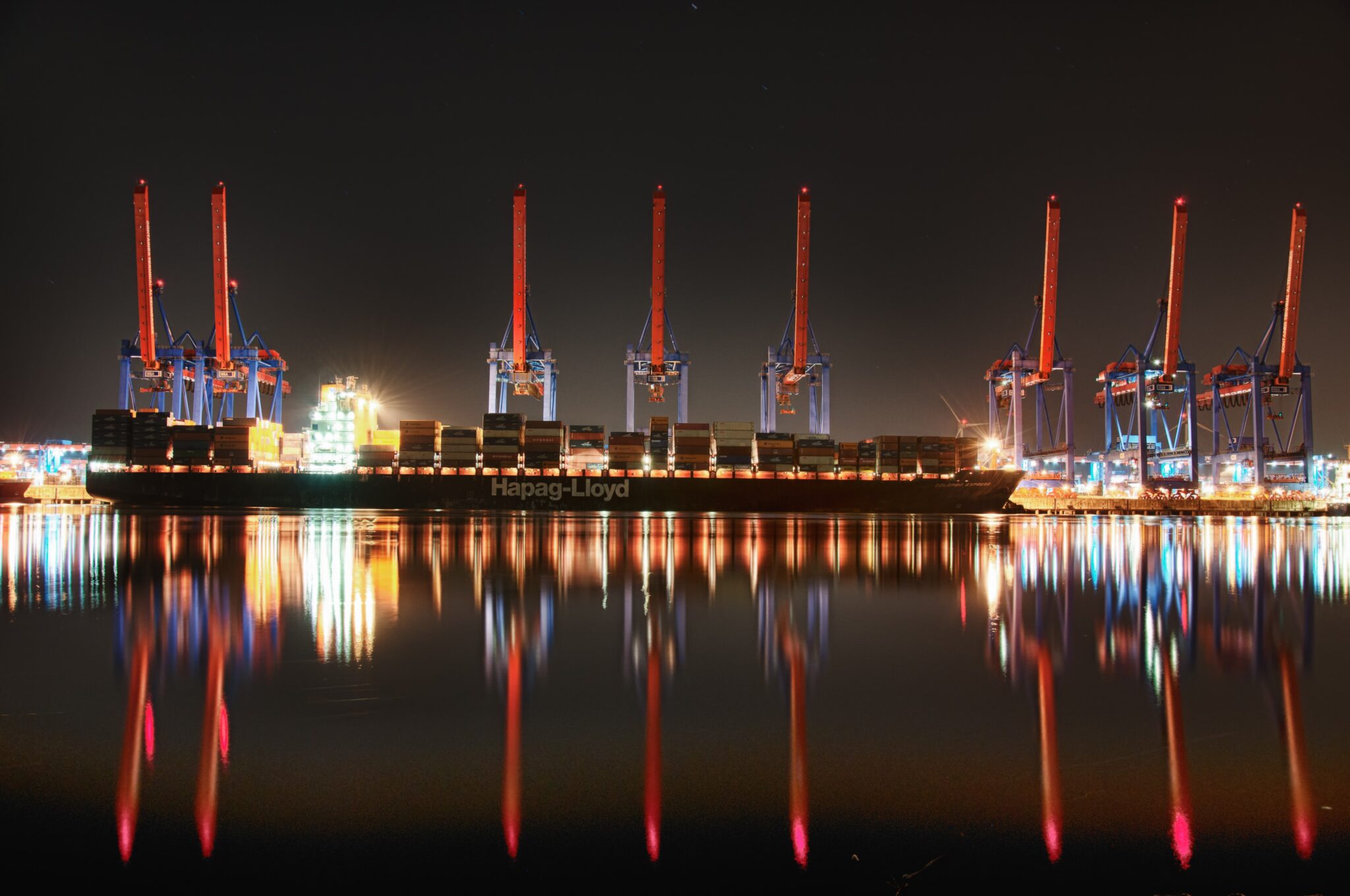
OUR STRATEGY
We have long understood the need to mitigate the risks associated with our business to protect our clients and partners. Such risks include financial and market risks, such as the availability of supply and demand changes as well as governmental participation in the geo-political eco-system. Our internal policies and procedures are continually analyzed and updated to ensure the highest level of risk mitigation, as it applies to risks involving logistics, fraud, scarcity, banking, regulation, geopolitics and politics. Our compliance standards are rigorous and without shortcuts. We participate in a highly regulated environment and our company is directly impacted by changes to those regulations, such as international sanctions and changes within the banking system or market requirements. Accordingly, our compliance team deploys and maintains strict requirements to our people and our corporate process. No event or action is undertaken without approval from the compliance department and our people are continually briefed and provided with new information necessary to achieve the highest level of protection for our clients and partners. Our company strives to be a first mover. We continually study and improve our internal processes, contract language and compliance requirements on a global and local jurisdictional basis to ensure adherence to the strictest standards, laws, and regulations that impact our business.
LOGISTICS
Logistics and distribution are at the core of the business; shipping raw materials to where they can be refined or processed and then used or transported to areas where there is a supply deficit. Shipping and chartering operations are managed out of our group key regional offices. All post-fixture operations, which include issuing voyage orders, completing stowage plans, negotiating with port agents and handling demurrage claims, are managed centrally with our logistical partners.
WET FREIGHT
We fix vessels on spot voyage and take ships on time charter, for periods spanning anything from 30 days to five years. We deal in all vessel sizes, from 2,000 to 300,000 DWT tankers. We trade in every market segment, including clean, dirty, and LPG freights. At any given time, we have a fleet of around 10 tankers on time charter, for anything between one month and five years. For our traders, tankers are mobile terminals. We charter ships as working assets and aim to minimize idle time, while seeking out the best possible return. We give potential buyers the option to buy their commodities with freight, on C+F (cost, and freight) or STS (Ship to Ship) terms.
DRY FREIGHT
Our dry freight team supports the Bitumen and Urea division with a chartering service to meet the international dry cargo requirements of the business. We transport Bitumen from West to East, Urea from the Middle East to India and China and Petrochemicals from the Middle East to India and China.
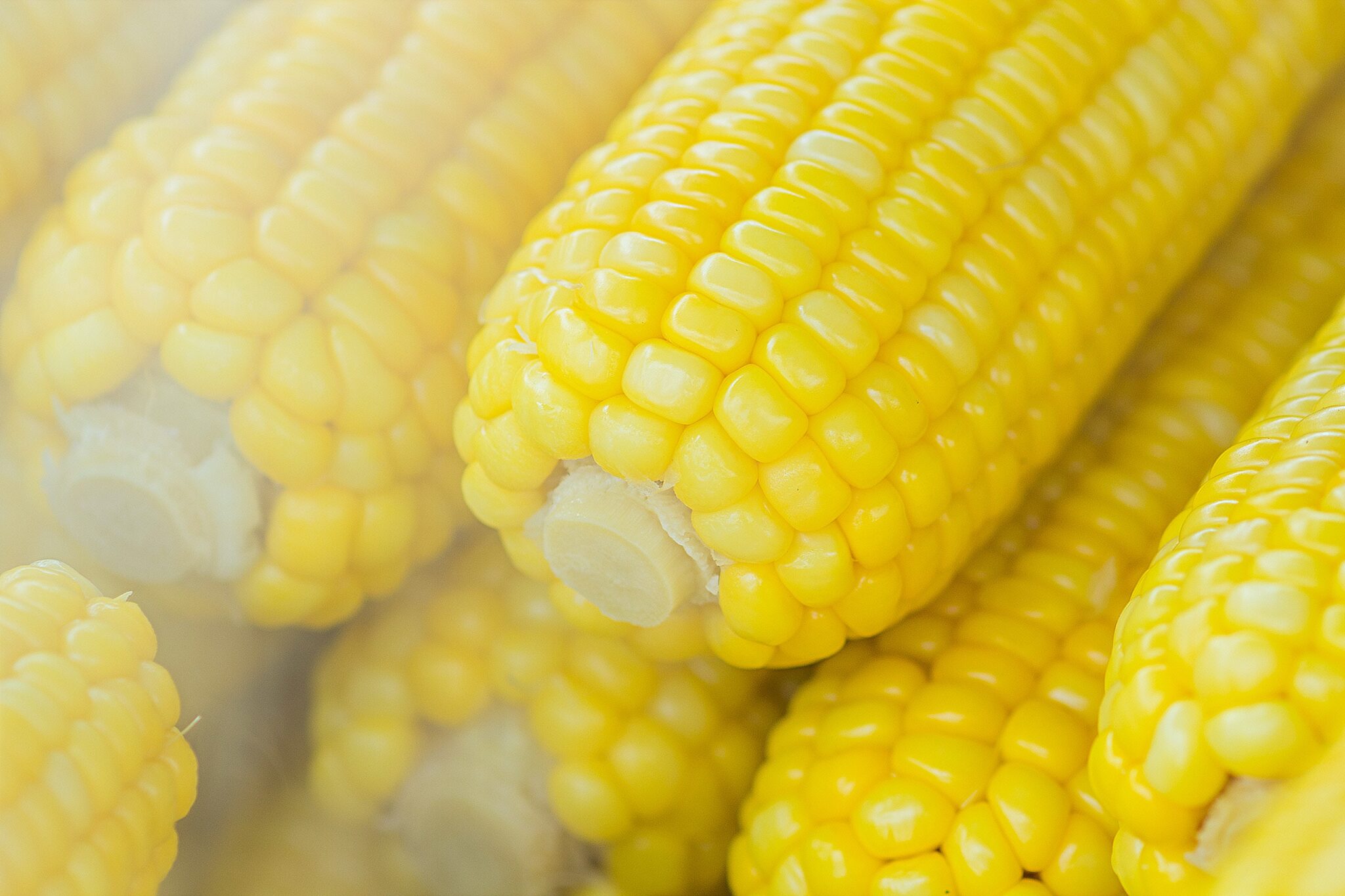
TRADING DEPARTMENT
LPG
Liquefied petroleum gas, also called LPG, GPL, LP Gas, liquid petroleum gas or simply propane or butane, is a flammable mixture of hydrocarbon gases used as a fuel in heating appliances and vehicles. It is increasingly used as an aerosol propellant and a refrigerant, replacing chlorofluorocarbons in an effort to reduce damage to the ozone layer. When specifically used as a vehicle fuel it is often referred to as auto gas. Availability: up to 100,000 MT per month , Types: Mix of 50- 50 / 70-30 / 60-40
FUEL OIL
Fuel oil is a fraction obtained from petroleum distillation, either as a distillate or a residue. Broadly speaking fuel oil is any liquid petroleum product that is burned in a furnace or boiler for the generation of heat or used in an engine for the generation of power, except oils having a flash point of approximately 40 °C (104 °F) and oils burned in cotton or wool-wick burners. In this sense, diesel is a type of fuel oil. Fuel oil is made of long hydrocarbon chains, particularly alkanes, cycloalkanes and aromatics. The term fuel oil is also used in a stricter sense to refer only to the heaviest commercial fuel that can be obtained from crude oil i.e. heavier than gasoline and naphtha. Availability: up to 100,000 MT per month , Types: CST 280, CST 380 , M100
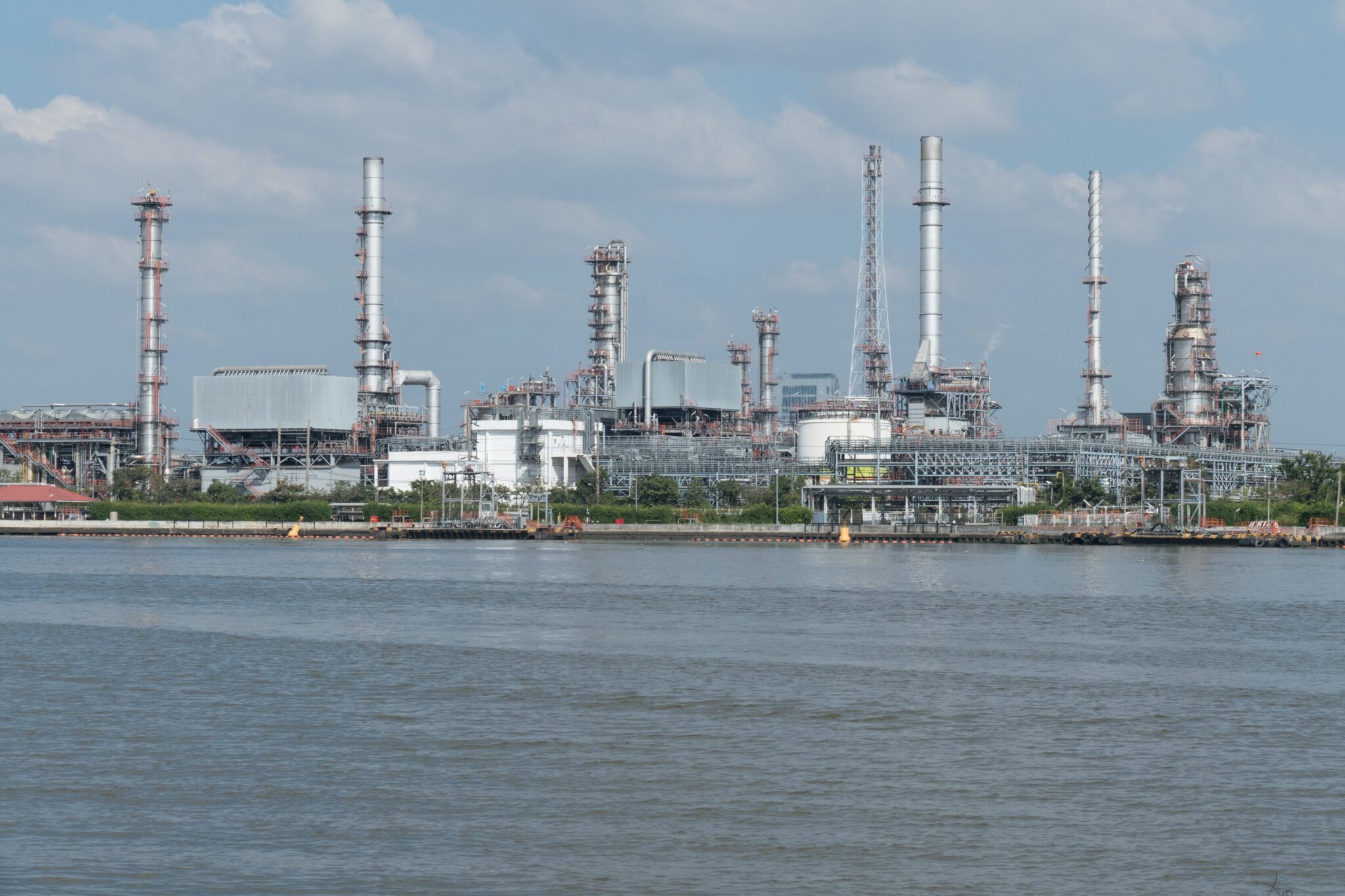
DIESEL FUEL (D2)
Diesel fuel (D2) in general is any liquid fuel used in diesel engines. The most common is a specific fractional distillate of petroleum fuel oil, but alternatives that are not derived from petroleum, such as biodiesel, biomass to liquid (BTL) or gas to liquid (GTL) diesel, are increasingly being developed and adopted. To distinguish these types, petroleum-derived diesel is increasingly called petro diesel. Ultra-low-sulfur diesel (ULSD) is a standard for defining diesel fuel with substantially lowered sulfur contents Availability: up to 150,000 MT per month
BITUMEN The substance is completely soluble in carbon disulfide, and composed primarily of a mixture of highly condensed polycyclic aromatic hydrocarbons; it is most commonly modelled as a colloid, with asphaltenes as the dispersed phase and maltenes as the continuous phase (though there is some disagreement amongst chemists regarding its structure). One writer stated although a “considerable amount of work has been done on the composition of asphalt, it is exceedingly difficult to separate individual hydrocarbon in pure form and it is almost impossible to separate and identify all the different molecules of asphalt, because the number of molecules with different chemical structure is extremely large Availability: up to 50,000 MT per month, Types: bulk and steel drum Available Grades: 30/50, 40/50, 60/70, 80/100, 85/100, 95/15, 85/25, 115/15.
CRUDE OIL ( Light & Heavy)
Petroleum, in one form or another, has been used since ancient times, and is now important across society, including in economy, politics and technology. The rise in importance was due to the invention of the internal combustion engine, the rise in commercial aviation, and the importance of petroleum to industrial organic chemistry, particularly the synthesis of plastics, fertilizers, solvents, adhesives and pesticides. Availability: up to 4 million barrels per month
CONDENSATE
Natural-gas condensate is a low-density mixture of hydrocarbon liquids that are present as gaseous components in the raw natural gas produced from many natural gas fields. Some gas species within the raw natural gas will condense to a liquid state if the temperature is reduced to below the hydrocarbon dew point temperature at a set pressure. Availability: up to 4 million barrels per month
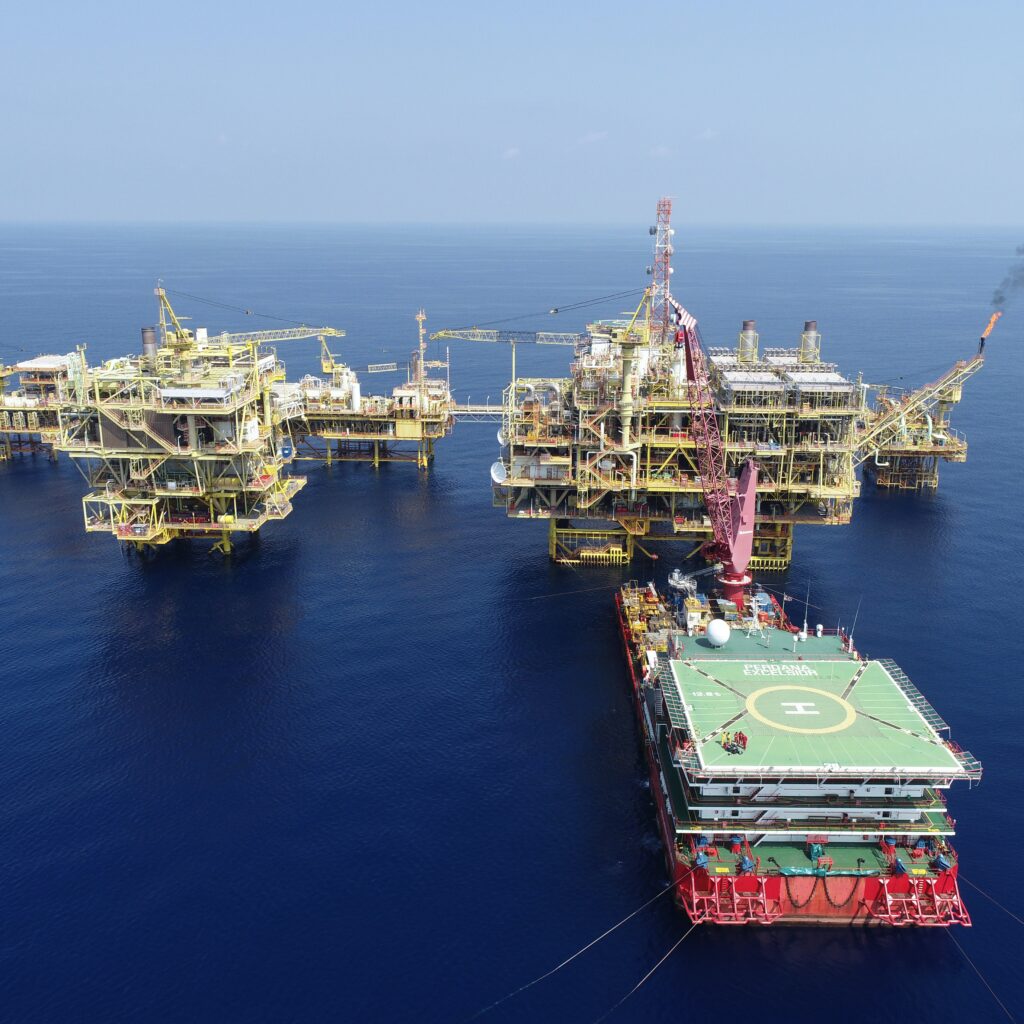
Dear Friends, Madam / Gentlemen, I am so grateful that you have given me your precious time to read this . Although our company is a young company, it has the great experience in fields of Sustainable Energy, Oil, Gas and their products . Our Goal is the success of all our partners and we have done all our efforts to improve our Managers & Staff knowledge . Our Aim is not to gain more profit but to do the job with high Quality and Speed . Our Partner’s and clients’ satisfaction is our main priority . We use experts and consultants in marketing energy & energy resources, also very famous NGO in these fields . Our company has a very good cooperation with many high technology universities and many professors in mentioned fields . Also we have done many experiments in Transport of Raw materials, Oil & Gas products and in this case we have used many great consultants and we are cooperating with many famous Transport companies in this case . My colleagues and I are doing our best for the satisfaction of our customers in Quality & Speed . Sincerely Yours Founder & C . E . O Hafiza Antoniade

